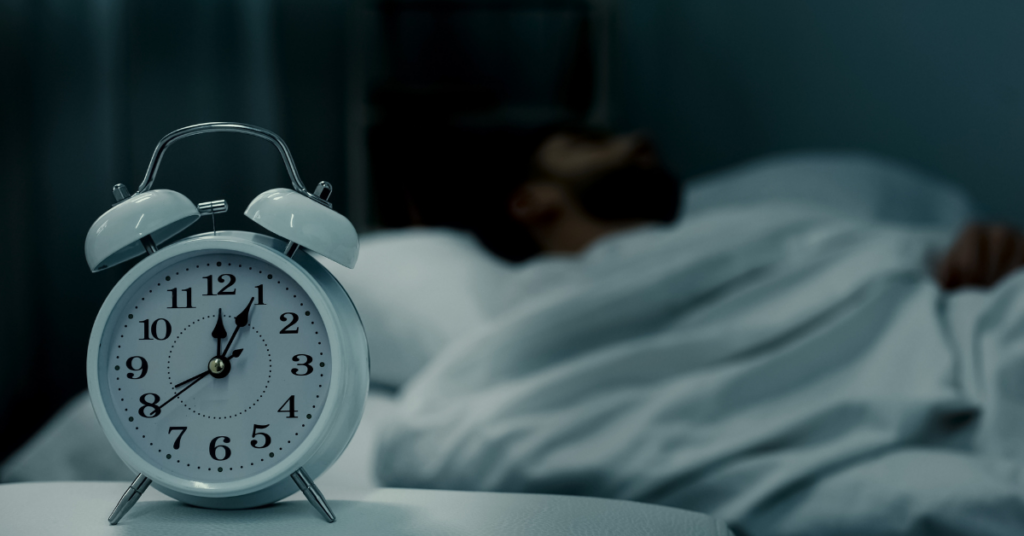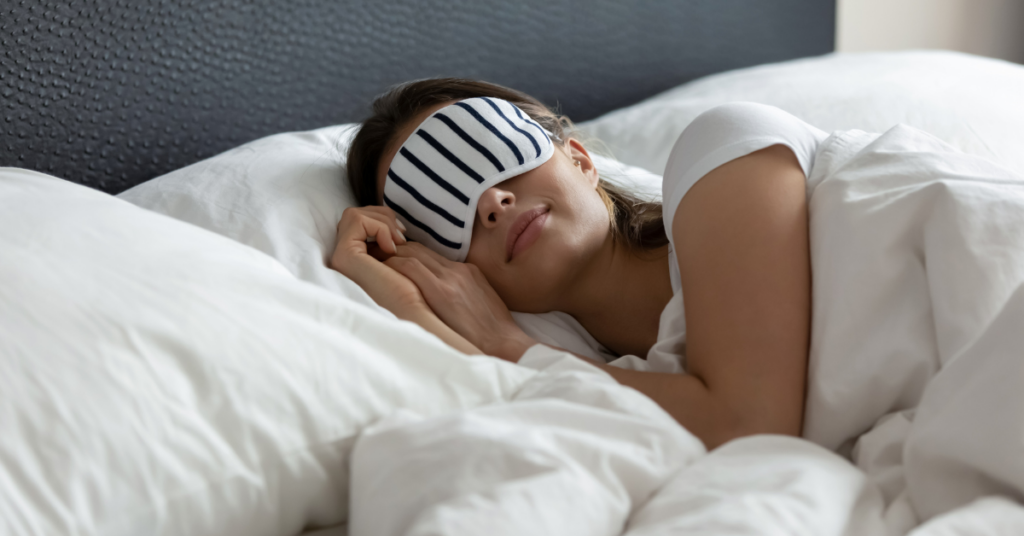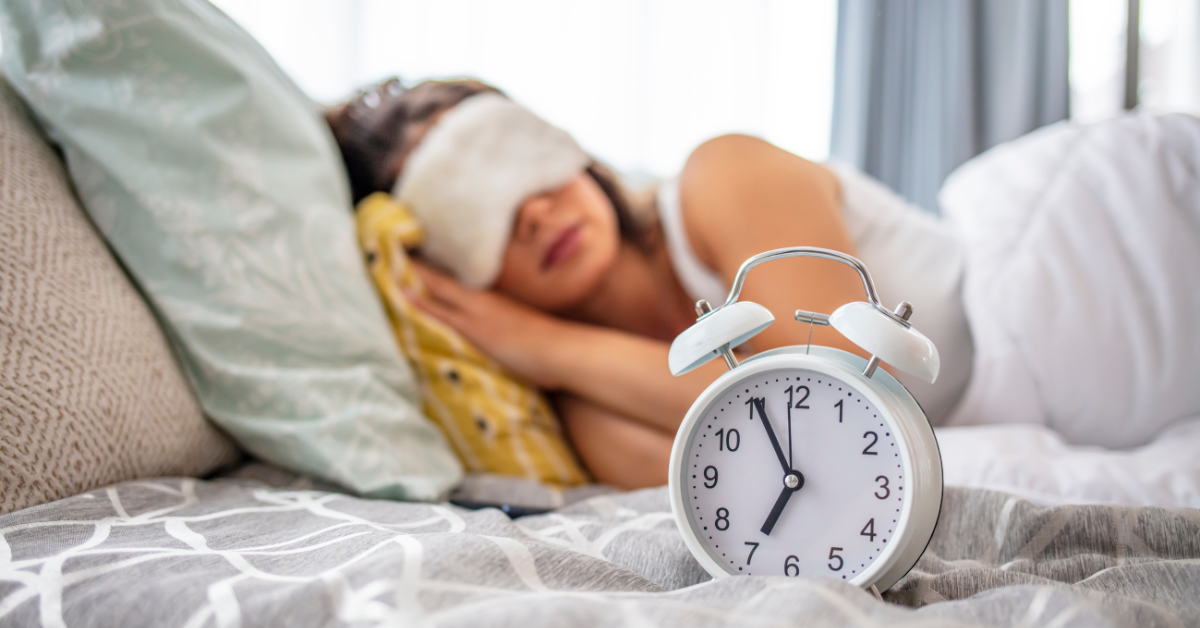In today’s fast-paced world, quality sleep is often overlooked, yet it’s essential for our health and well-being. Poor sleep can lead to fatigue, mood swings, reduced cognitive function, and even long-term health issues. Sleep hygiene refers to the habits and practices that contribute to better sleep, allowing you to wake up refreshed and ready to tackle the day.
This article explores the science of sleep hygiene and provides practical, science-backed techniques to improve your sleep quality. By making small adjustments to your daily routine and environment, you can enjoy deeper, more restorative sleep and enhance your overall wellness.
Understanding Sleep Hygiene
What is Sleep Hygiene?
Sleep hygiene encompasses a set of practices that help you achieve a high-quality, uninterrupted sleep. These practices include maintaining a consistent sleep schedule, creating a restful environment, and adopting habits that support your body’s natural sleep cycle. Good sleep hygiene promotes restful sleep, helping you feel more alert and focused throughout the day.
The Science Behind Sleep Hygiene
Our sleep cycle is regulated by the brain, alternating between REM (Rapid Eye Movement) and non-REM stages throughout the night. REM sleep supports brain function and memory, while non-REM stages allow the body to repair and restore itself. Circadian rhythms, or the internal “body clock,” regulate our sleep-wake cycle. Consistent sleep patterns reinforce these rhythms, improving the quality and timing of our sleep.
Good sleep hygiene helps maintain circadian rhythm alignment, ensuring you move through all stages of sleep effectively, which enhances both mental and physical recovery.
For insights into the importance of sleep hygiene and its impact on health, explore this article on PubMed Central. The study examines how good sleep practices contribute to overall well-being and addresses common sleep challenges.
Common Effects of Poor Sleep Hygiene
Poor sleep hygiene often results in fragmented, insufficient sleep, leading to a range of negative effects. Mentally, you may experience irritability, difficulty focusing, and increased stress. Physically, poor sleep can weaken your immune system, slow down metabolism, and increase the risk of conditions like heart disease and obesity.
By establishing good sleep hygiene, you can protect both your mind and body from these detrimental effects, supporting overall health and wellness.

Techniques for Improving Sleep Hygiene
1. Set a Consistent Sleep Schedule
One of the most effective ways to improve sleep is by maintaining a consistent sleep schedule. Going to bed and waking up at the same time each day reinforces your body’s natural sleep-wake cycle. Consistency helps your brain know when it’s time to sleep, making it easier to fall asleep and wake up refreshed.
To create a regular schedule, start by adjusting your bedtime gradually. Aim to keep the same schedule even on weekends, as frequent changes can disrupt your body’s rhythm.
2. Create a Relaxing Bedtime Routine
A relaxing bedtime routine signals to your brain that it’s time to wind down, preparing you for a restful night. Engage in calming activities like reading a book, meditating, or practicing gentle stretching. Avoid screens before bed, as the blue light from phones and computers can interfere with melatonin production, making it harder to fall asleep.
A consistent routine helps ease the transition from wakefulness to sleep, reducing stress and enhancing your quality of rest.
3. Optimize Your Sleep Environment
Creating a sleep-friendly environment can make a big difference in the quality of your sleep. Aim for a dark, quiet, and cool bedroom, as these conditions promote better rest. Use blackout curtains to block out light and consider a white noise machine to mask disruptive sounds.
Comfortable bedding and a supportive mattress also contribute to a restful sleep environment, ensuring you wake up feeling rejuvenated.

Diet and Lifestyle Habits for Better Sleep
Eat for Restful Sleep
Your diet has a significant impact on your sleep quality. Certain foods promote sleep, including magnesium-rich nuts, complex carbohydrates, and melatonin-boosting fruits like cherries. Avoid heavy meals, caffeine, and alcohol in the hours before bed, as they can disrupt sleep by causing discomfort or interfering with sleep cycles.
A balanced diet that includes sleep-friendly foods can support your body’s natural sleep processes, making it easier to achieve restful sleep.
Stay Active During the Day
Regular physical activity is another effective way to improve sleep quality. Exercise helps regulate hormones that influence sleep and reduces symptoms of insomnia and sleep apnea. However, timing is key—aim to finish intense exercise at least a few hours before bedtime, as working out too close to bed may have a stimulating effect.
Daily exercise not only promotes better sleep but also enhances overall health, making it a beneficial addition to your routine.
Limit Stimulants and Blue Light Exposure
Caffeine and other stimulants can delay sleep onset, making it harder to fall asleep. Limit caffeine intake to the morning hours and avoid energy drinks, as they can disrupt your sleep at night. Additionally, blue light from screens suppresses melatonin production, interfering with sleep quality. Using blue light filters on your devices or reducing screen time in the evening helps mitigate these effects.
By managing stimulant intake and minimizing blue light exposure, you create a better environment for sleep readiness.
For a detailed look at the connection between mindfulness practices and improved mental health, explore this study onPubMed. The research highlights how mindfulness can reduce stress, enhance focus, and support emotional well-being.

Mindfulness and Relaxation Techniques for Sleep
Practicing Deep Breathing and Meditation
Mindfulness techniques like deep breathing and meditation can calm the mind, helping you relax before sleep. Deep breathing activates the parasympathetic nervous system, which reduces stress and promotes relaxation. Try inhaling for a count of four, holding your breath for four, and exhaling for four to ease into sleep mode.
Meditation also reduces stress and quiets the mind, making it an excellent pre-sleep practice for those with racing thoughts.
Progressive Muscle Relaxation
Progressive Muscle Relaxation (PMR) is a technique that involves tensing and relaxing each muscle group in the body, promoting full-body relaxation. Start with your toes, tense for a few seconds, then release. Gradually work up through each muscle group until you reach your head.
PMR can help release physical tension and encourage a state of relaxation, making it easier to fall asleep naturally.
Using Visualization to Relax the Mind
Visualization is a powerful tool for relaxing the mind and preparing for sleep. Imagine a peaceful setting, like a beach or forest, and visualize yourself there. Focus on the sensory details—the sound of waves, the feel of sand, the warmth of the sun. Visualization helps distract from stressful thoughts and promotes a calm, restful state.
This simple practice can make a noticeable difference in your ability to unwind and enjoy a peaceful night’s sleep.
For practical methods to alleviate stress and enhance relaxation, check out 9 Visualization Techniques for StressReduction from BetterHelp. This guide provides step-by-step techniques to help you achieve a calmer, more focused mind.

Overcoming Common Sleep Challenges
Dealing with Insomnia and Sleep Onset Issues
If you struggle with insomnia or difficulty falling asleep, there are techniques that can help. Avoid lying awake in bed for long periods—get up, engage in a calming activity, and only return to bed when you feel drowsy. Practicing relaxation techniques can also make it easier to drift off.
If insomnia persists, consider speaking with a healthcare provider who can help you identify underlying causes and solutions.
Managing Nighttime Anxiety and Racing Thoughts
Anxiety and racing thoughts are common sleep disruptors. To manage them, establish a wind-down routine that includes mindfulness exercises or journaling to release thoughts before bed. Practice gratitude by writing down things you’re grateful for, which shifts focus from worry to positivity.
By creating a calm mind, you’ll find it easier to drift into restful sleep without lingering stress or worry.
Reducing Sleep Disruptions
Disruptions from noise, light, or discomfort can interrupt your sleep cycle. Combat noise with earplugs or white noise, and use blackout curtains to block any ambient light. For comfort, adjust bedding, pillows, and mattress firmness as needed to ensure a restful environment.
Taking steps to minimize interruptions allows for more continuous, restorative sleep.

Benefits of Good Sleep Hygiene for Health and Wellness
Improved Mental Clarity and Productivity
Good sleep enhances cognitive function, including memory, focus, and problem-solving. When you achieve quality sleep, you’re better equipped to handle daily challenges, make decisions, and complete tasks efficiently. The mental clarity that comes with good sleep is a key factor in personal and professional success.
Enhanced Physical Health and Immune System
Quality sleep is essential for physical health, as it supports immune function, reduces inflammation, and allows the body to repair itself. Research shows that good sleep reduces the risk of chronic illnesses, strengthens immunity, and aids in physical recovery. By prioritizing sleep hygiene, you help your body stay strong and resilient.
Better Mood and Emotional Resilience
Sleep plays a crucial role in emotional well-being, reducing stress and promoting a positive outlook. Consistent, restful sleep improves mood, helping you respond to life’s ups and downs with resilience. Over time, good sleep hygiene contributes to emotional stability, enhancing overall quality of life.
Conclusion
Establishing good sleep hygiene is a powerful step toward better health and wellness. By prioritizing habits that promote quality rest, you can improve your physical, mental, and emotional well-being. Small changes, like a consistent sleep schedule, a calming bedtime routine, and a supportive sleep environment, can make a significant difference in your sleep quality.
Start by implementing a few of these sleep hygiene techniques, and enjoy the benefits of restful, rejuvenating sleep. With consistent effort, you’ll find that quality sleep is within reach, enhancing your overall health and happiness.
For a natural way to enhance your well-being, explore our guide on The Mental Health Benefits of Indoor Plants. Learn how incorporating greenery into your home can reduce stress, boost mood, and improve focus.




















